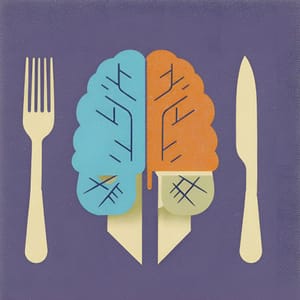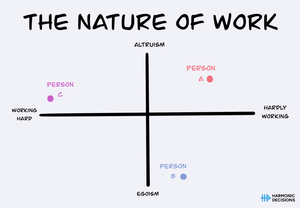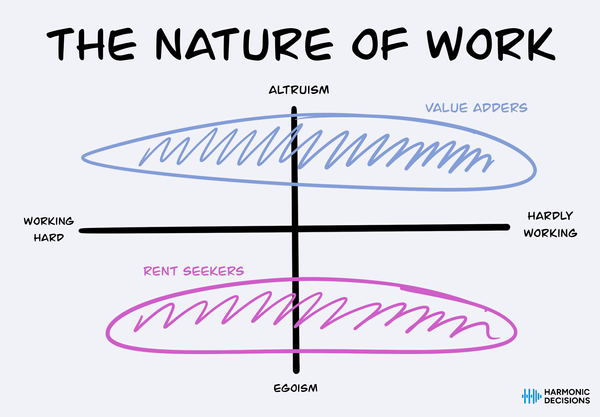If you aren't super techy, you might not have heard of MKBHD. Marques Brownlee is maybe the biggest/most influential tech YouTuber out there and has been reviewing cars, computers, and all things tech for over 10 years with millions of subscribers. He's gotten a bit of heat over his recent review of the Humane.ai pin:
MKBHD's critics say he's single-handedly responsible for the failures of companies such as Humane AI and Fisker, whose products he's deemed "the worst." His defenders say both companies' failures are because they've shipped bad products; his videos merely reflect that. If you want more tea on MKBHD, there are plenty of other people out there. What I want to talk about is one statement from his review:
"I actually love the idea of a virtual assistant that you can talk to like a human. This is something we've been chasing for years..."
As the title of this post says - I don't think we'll ever catch what we're chasing.
Talking to tech assistants has captured the popular imagination since at least Star Trek's Computer. When the New York Times reported about Google's launch of its Home devices and voice assistants, it directly compared it to the Star Trek Computer (free link). But despite the memes and popular awareness, virtual voice assistants like Alexa, Siri, and Google Assistant haven't made much money for their parent companies and have also suffered significant layoffs.
A HackerNews comment on a thread about the Humane AI pin asked, "I wonder where this dislike of talking to computers in public is coming from?" People will talk in public to other humans freely, through cell phones a little less freely, but refuse to talk to cell phones and their assistants like Siri or Alexa in public. What gives?
Humans are social creatures - social isolation activates the same brain areas as hunger, yet we as humans can feel incredibly alone even when surrounded by large crowds. The biggest indicator of social satisfaction is not the happy hormones in our brain - those are merely downstream of the actual sensations we're experiencing - nor is it the presence of others. Humans crave connection.
The reason we don't talk about technology is that we don't have a connection with the entities that we speak to. Part of this is that their responses are not always coherent or relevant, but it's simply a matter of time until that problem is solved. One big lesson we can learn from the craze surrounding LLMs is that passing the Turing Test is all that's needed for the hype train to leave the station.
Another reason why we don't have a connection with our devices is that they're too sanitized and have little personality in an effort to be popularly acceptable and appeal to everyone. That, too, will likely change in the future, as it's entirely possible and will likely be encouraged to have personal AI assistants for every human, trained on all the data humans encounter, both digitally through phones or in real life through wearables.
Connection with other people comes in different degrees, and it's possible to have superficial connections with our devices the same way that we have superficial connections with certain people around us. Not everyone we interact with is an intimate friend; some people are merely acquaintances.
What sets intimate friends apart from acquaintances is the exchange of emotions, feelings of trust and safety, and genuine care for someone else - those irrational parts of humans that voice assistants, AI, and technology can only emulate. The nature of technology is fundamentally rational: it merely imitates the irrationality it sees humans exhibit.
This is diametrically opposed to humans: humans are fundamentally irrational but try to control this irrationality with rational behavior. Describing humans as a layer of rationality over an irrational core is the summation of behavioral economics: human behavior is predictably irrational. This raises questions: how do we deal with something that's the antithesis of our existence?
In the following posts, I'll be exploring this question in greater detail. If you want to know more about how we can engage with technology in a way that allows our humanity to thrive, subscribe to my newsletter!










Member discussion